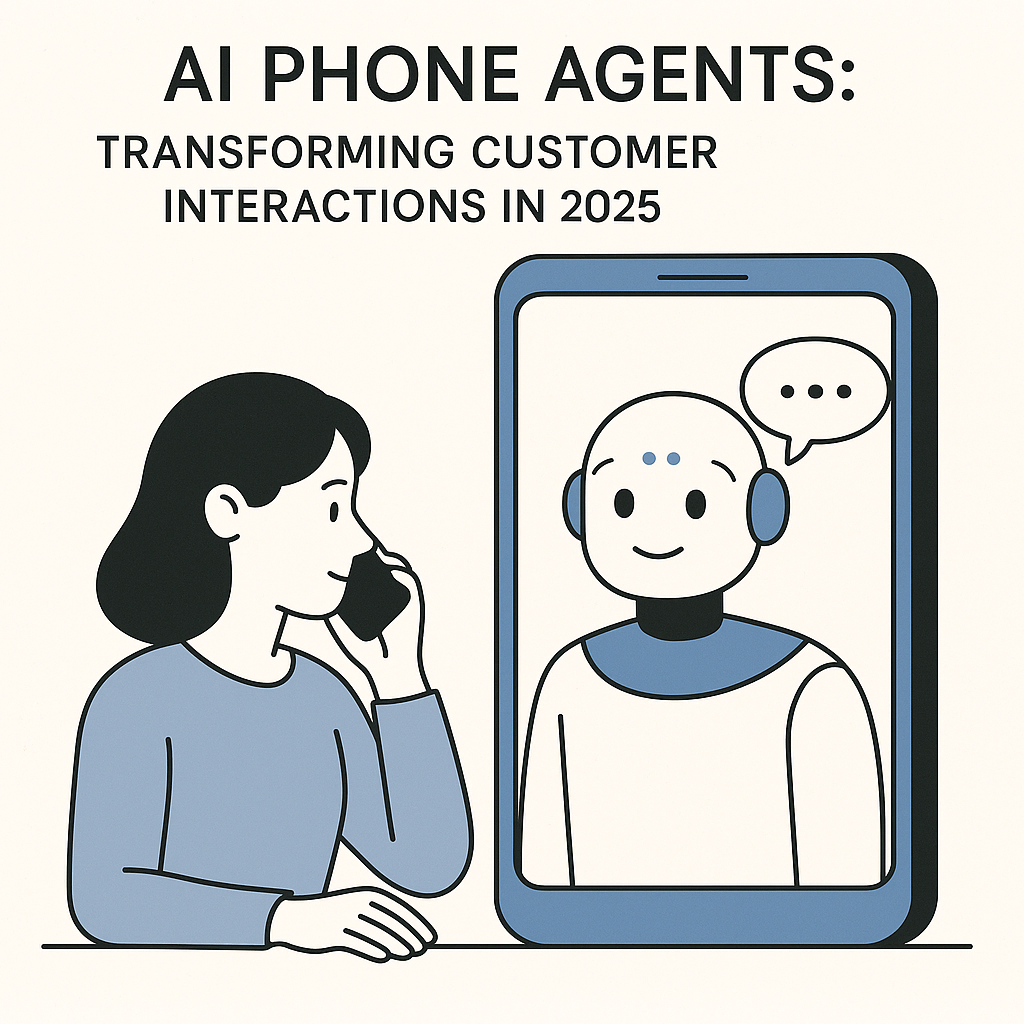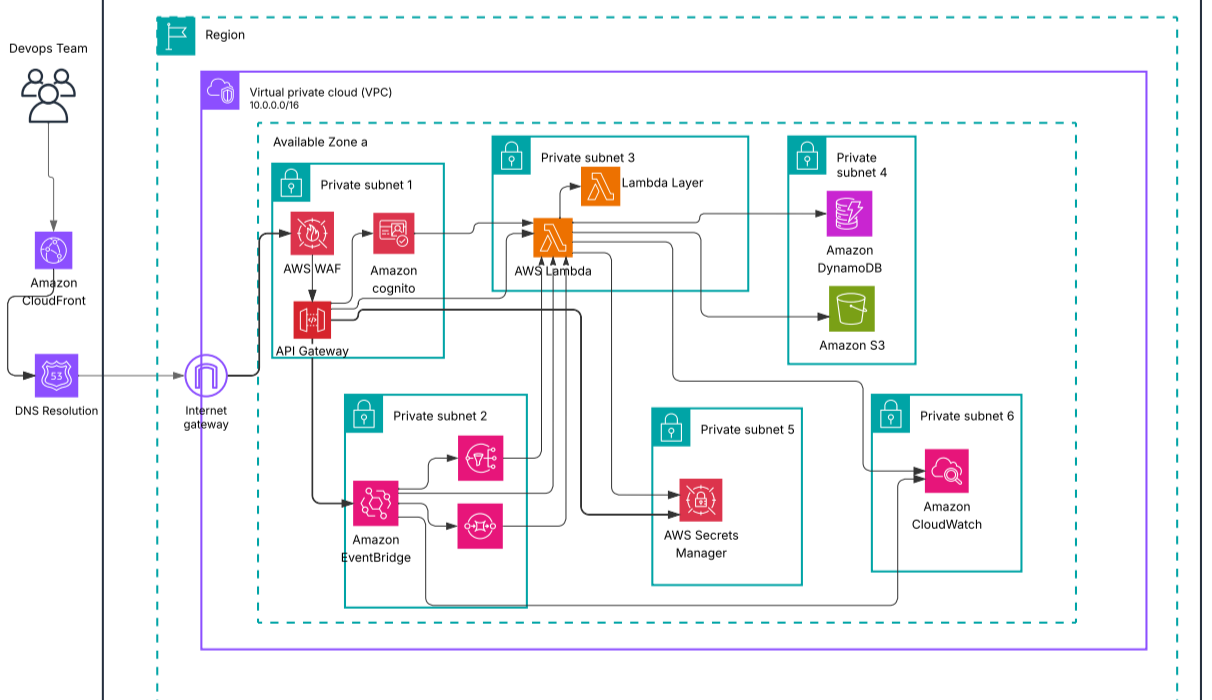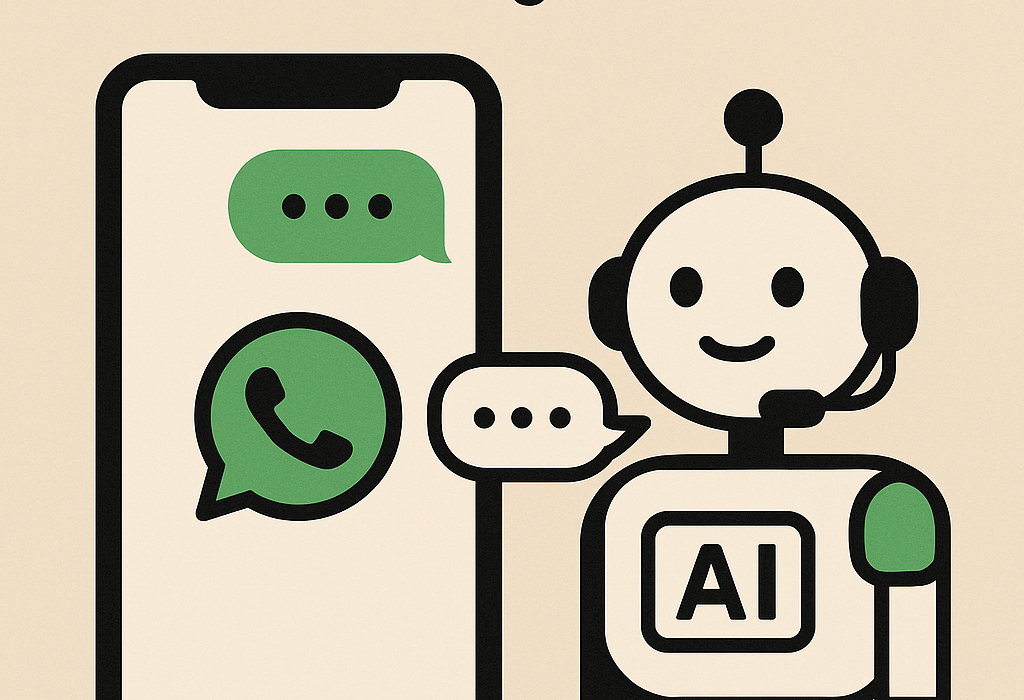
Introduction to AI Phone Agents
As of 2025, AI phone agents have revolutionized the landscape of customer service, providing businesses with innovative tools to enhance customer interactions. These virtual assistants not only streamline operations but also improve customer satisfaction by offering personalized experiences. This article explores the evolution, benefits, and concrete examples of AI phone agents, along with a practical actions checklist for businesses looking to implement this technology.
What Are AI Phone Agents?
AI phone agents are advanced software systems designed to simulate human conversation over the phone. They utilize natural language processing (NLP) and machine learning to understand and respond to customer inquiries effectively. Unlike traditional automated systems that rely on pre-recorded messages, AI phone agents can engage in dynamic, real-time conversations, providing users with a more human-like interaction.
The Evolution of AI Phone Agents
The concept of AI phone agents has evolved significantly over the past decade. Initially, automated phone systems relied on simple voice recognition and scripted responses. However, advancements in AI technology have led to the development of sophisticated algorithms that allow these agents to learn from interactions and improve over time.
Key Technologies Behind AI Phone Agents
- Natural Language Processing (NLP): Enables the agent to understand and interpret human language.
- Machine Learning: Allows the agent to analyze data and improve its responses based on previous interactions.
- Speech Recognition: Converts spoken language into text, facilitating real-time communication.
- Sentiment Analysis: Assesses the emotional tone of the conversation to tailor responses appropriately.
Benefits of AI Phone Agents
Implementing AI phone agents offers several advantages for businesses, including:
1. Enhanced Customer Experience
AI phone agents provide quick and accurate responses, reducing wait times and enhancing the overall customer experience. They can handle multiple queries simultaneously, ensuring that customers receive assistance promptly.
2. Cost Savings
By automating routine inquiries, organizations can significantly reduce operational costs. AI phone agents can operate 24/7, minimizing the need for additional staff during peak hours.
3. Consistency and Accuracy
AI phone agents deliver consistent responses, eliminating the variability associated with human agents. This reliability helps maintain brand integrity and customer trust.
4. Data Collection and Insights
AI phone agents can gather valuable data from customer interactions, providing insights into customer preferences, behavior, and emerging trends. This information can be leveraged to enhance products and services.
Real-World Examples of AI Phone Agents
Several companies have successfully integrated AI phone agents into their customer service strategies. Here are a few notable examples:
1. Bank of America – Erica
Bank of America introduced Erica, a virtual financial assistant, to help customers manage their finances. Erica can assist users with transactions, account inquiries, and budgeting advice, all through natural voice interactions.
2. Domino’s Pizza – Dom
Domino’s has implemented AI phone agents named Dom, which allows customers to place orders, track deliveries, and answer questions about menu items using voice commands. This seamless process improves customer engagement and satisfaction.
3. American Express – Amex Bot
American Express utilizes an AI phone agent to assist cardholders with account inquiries, transaction disputes, and travel bookings. The agent provides personalized recommendations based on user preferences and transaction history.
Challenges and Considerations
While AI phone agents offer numerous benefits, there are challenges businesses must address when implementing this technology:
1. Limited Understanding of Complex Queries
AI agents may struggle with complex or nuanced questions. Organizations should ensure there is a fallback option to human agents for more complicated inquiries.
2. Customer Acceptance
Some customers may prefer speaking with human agents. Businesses should consider strategies to make AI interactions feel more personal and engaging.
3. Data Privacy
With increased data collection comes the responsibility to protect customer information. Companies must implement robust security measures to maintain customer trust.
Actions Checklist for Implementing AI Phone Agents
For businesses looking to integrate AI phone agents into their operations, the following checklist can serve as a guide:
- Define Objectives: Determine the specific goals for implementing AI phone agents, such as reducing wait times or improving customer satisfaction.
- Select the Right Technology: Research and choose an AI platform that aligns with your business needs and customer expectations.
- Design Conversational Flows: Create intuitive conversation flows that guide customers through their inquiries effectively.
- Train the AI: Use historical data to train the AI system to understand common queries and responses.
- Test and Iterate: Conduct thorough testing to identify areas for improvement. Regularly update the system based on customer feedback.
- Ensure Human Backup: Implement a system for seamless transitions to human agents when necessary.
- Monitor Performance: Continuously track the performance of the AI phone agents and make adjustments as needed.
- Prioritize Data Security: Establish strict protocols to protect customer data and ensure compliance with regulations.
Conclusion
AI phone agents are reshaping customer service in 2025, offering businesses a powerful tool to enhance customer interactions and streamline operations. By understanding the technology, benefits, and challenges associated with AI phone agents, organizations can take proactive steps to implement this innovative solution effectively. As the technology continues to evolve, the potential for AI phone agents to transform customer service will only grow, making them an essential part of modern business strategy.



